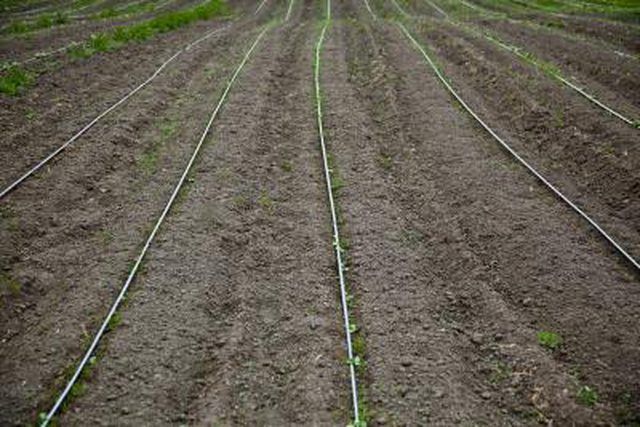Bulbs
Flower Basics
Flower Beds & Specialty Gardens
Flower Garden
Garden Furniture
Garden Gnomes
Garden Seeds
Garden Sheds
Garden Statues
Garden Tools & Supplies
Gardening Basics
Green & Organic
Groundcovers & Vines
Growing Annuals
Growing Basil
Growing Beans
Growing Berries
Growing Blueberries
Growing Cactus
Growing Corn
Growing Cotton
Growing Edibles
Growing Flowers
Growing Garlic
Growing Grapes
Growing Grass
Growing Herbs
Growing Jasmine
Growing Mint
Growing Mushrooms
Orchids
Growing Peanuts
Growing Perennials
Growing Plants
Growing Rosemary
Growing Roses
Growing Strawberries
Growing Sunflowers
Growing Thyme
Growing Tomatoes
Growing Tulips
Growing Vegetables
Herb Basics
Herb Garden
Indoor Growing
Landscaping Basics
Landscaping Patios
Landscaping Plants
Landscaping Shrubs
Landscaping Trees
Landscaping Walks & Pathways
Lawn Basics
Lawn Maintenance
Lawn Mowers
Lawn Ornaments
Lawn Planting
Lawn Tools
Outdoor Growing
Overall Landscape Planning
Pests, Weeds & Problems
Plant Basics
Rock Garden
Rose Garden
Shrubs
Soil
Specialty Gardens
Trees
Vegetable Garden
Yard Maintenance
Why Is Soil Important in Ecosystems?
Why Is Soil Important in Ecosystems?. Soil ecosystems contain a diversity of life that is greater than in any other ecosystem, notes the Environmental Literacy Council on its website. Soil performs a number of important functions that contribute to all ecological cycles.

Soil ecosystems contain a diversity of life that is greater than in any other ecosystem, notes the Environmental Literacy Council on its website. Soil performs a number of important functions that contribute to all ecological cycles.
Significance
Ecological cycles include water, nitrogen, oxygen, biological and geological cycles. Soils play a role in all of these cycles. For example, during the water cycle, soil is responsible for water storage. In the carbon cycle, which can take place over many years, carbon dioxide is stored in the soil, instead of being released into the atmosphere.
Function
Soil performs crucial functions as an ecosystem. It protects seeds and plants so that they can germinate and grow. Soil holds and releases water, which helps control floods and filter water. Additionally, organisms in soil help to break down manure, plant remains and pesticides so that they do not enter and pollute the water supply.
Fun Facts
Alabama Agriculture in the Classroom notes some soil facts that underscore its importance as an ecosystem. For example, there are more than 70,000 soil varieties in the U.S., and it takes about 100 years for nature to create a single inch of topsoil. It is estimated that between 5 and 10 tons of animal life can live in just one acre of soil.